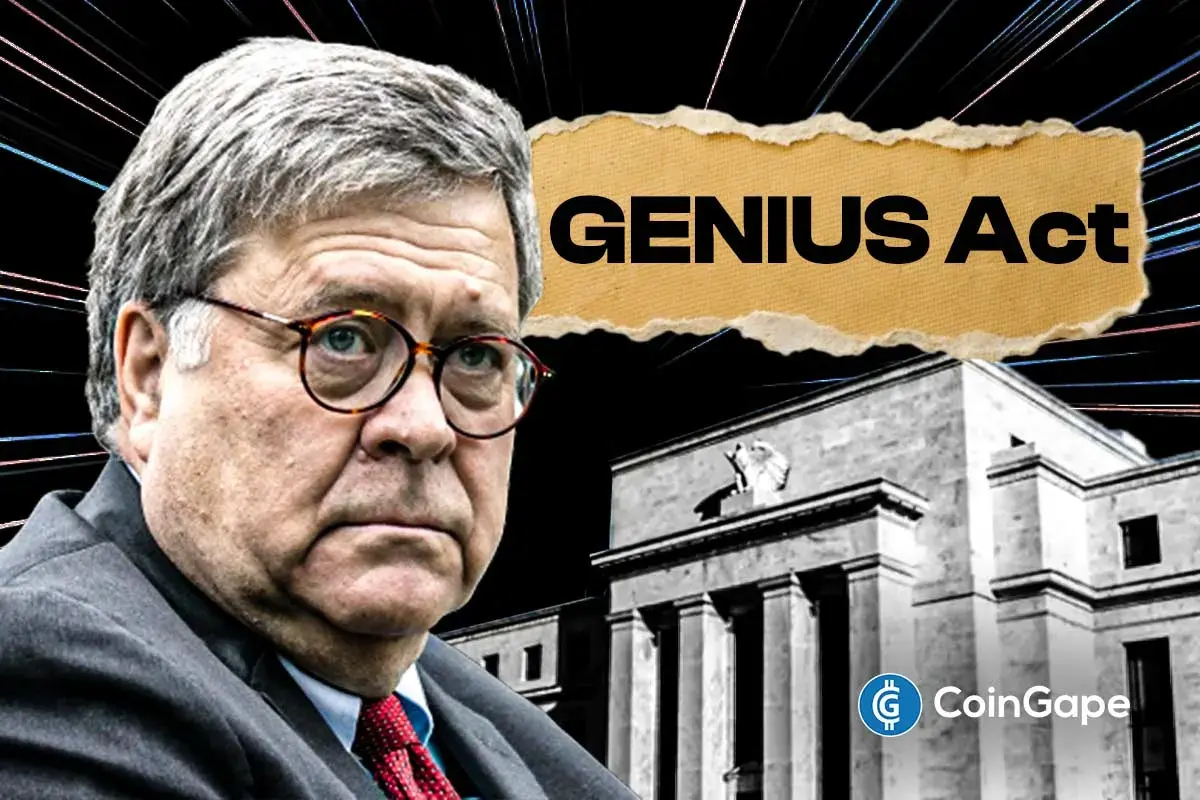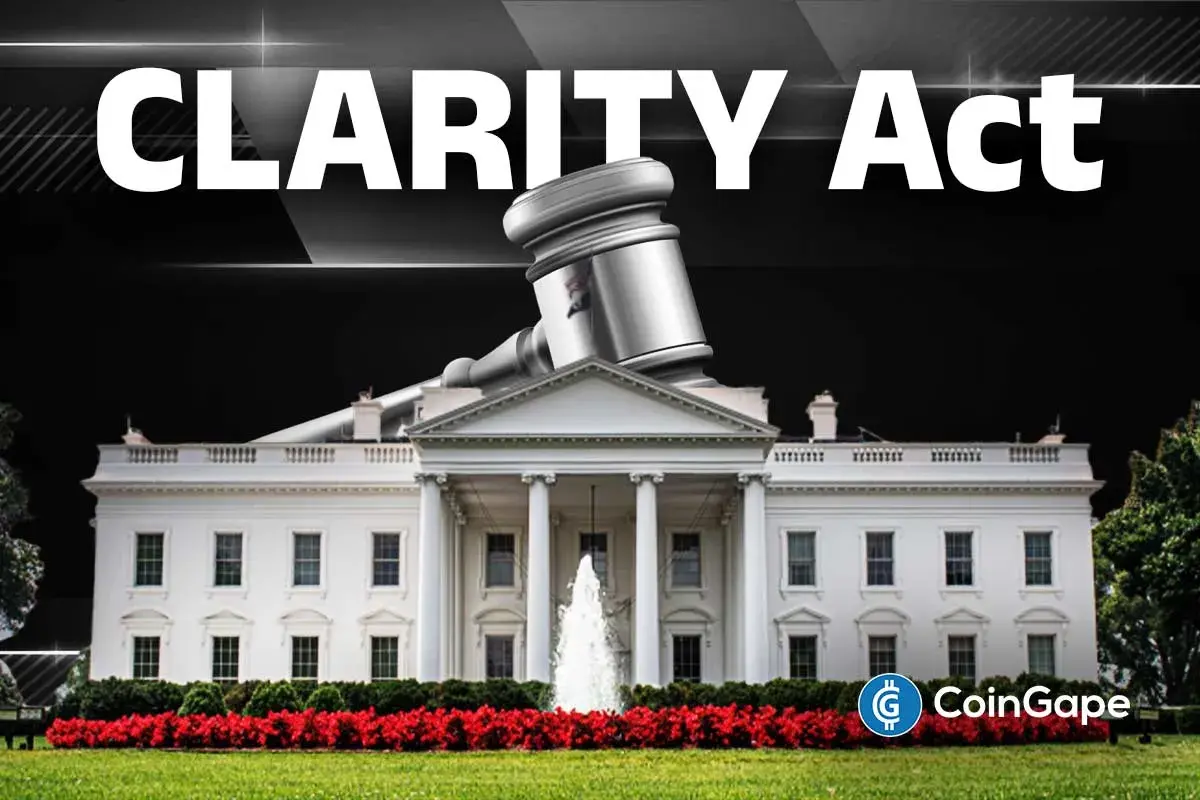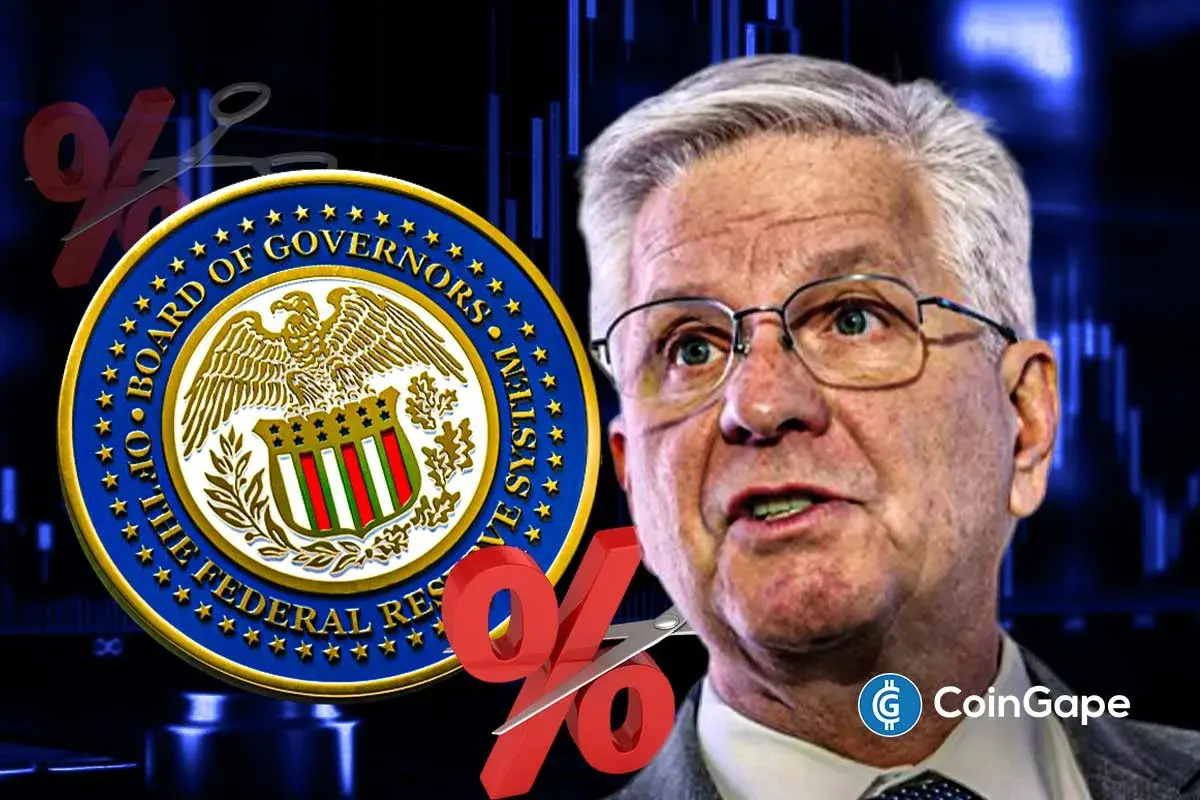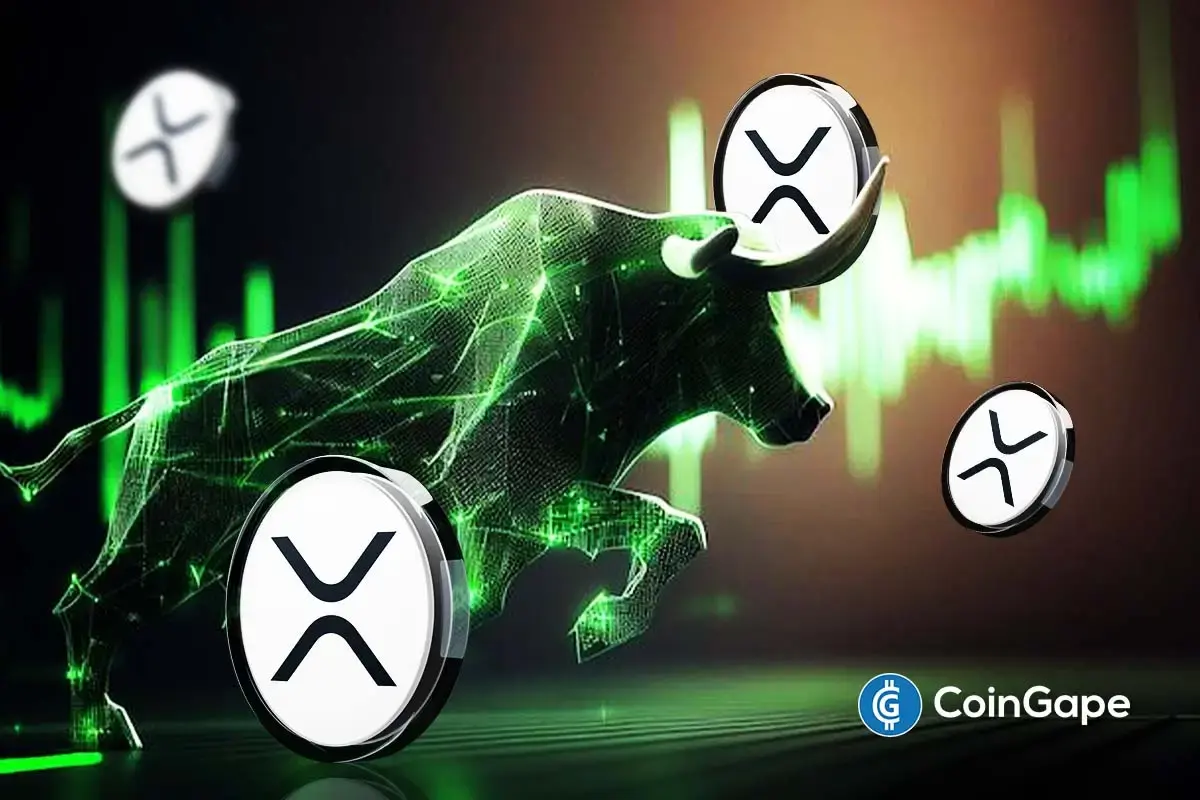GENIUS Act Lacks ‘Robust Guardrails’ for Stablecoin Users, Fed’s Barr Warns

Highlights
- Fed governor Barr wants more joint laws to defend users and investors of stablecoins.
- He commended GENIUS Act but adds that it does not offer guardrails required for stability in stablecoins.
- According to Barr, stablecoins can help improve worldwide remittances adequate regulation.
Federal Reserve Governor Michael Barr said the new GENIUS Act represents progress in regulating stablecoins. Barr noted that it has no strong guardrails to protect holders and guarantee the system stays stable in the long term.
Barr Recognizes the Role of Stablecoins in Payment Settlements
Delivering a speech at the 2025 D.C. Fintech Week in Washington, Barr argued that stricter regulations would help avoid problems that would be created by regulatory arbitrage and consumer confusion. In addition, he recognized that stablecoins would bring considerable enhancements to payment systems worldwide.
According to Barr, the GENIUS Act sets a premise by making it mandatory for stablecoins to be pegged on assets that are very liquid, and that includes U.S. Treasury bills. However, he said the law leaves gaps that could still expose consumers to risk.
According to him, it allows some reserve assets to lose value during market stress through uninsured deposits or certain foreign-backed instruments. Barr also stated that the existing regulatory model has the potential to make Bitcoin repo contracts serve as reserve assets, potentially causing a risk to the one-to-one stability they offer.
The Fed governor said that when properly backed and regulated, stablecoins can improve liquidity and efficiency for both households and businesses. Hence, it is no surprise that some U.S. states like North Dakota have launched their own stablecoins.
Furthermore, Barr commended stablecoins as ones that facilitate faster payment which are cheaper and accessible by nearly everyone. He identified their potential in such areas as remittances, trade finance and multinational treasury management.
Barr Calls for Unified Rules to Further Build Trust in Stablecoins
“The technology behind stablecoins offers real benefits for global payments,” Barr said. “But without clear guardrails, even the most promising innovations can introduce new risks.” He added that stablecoins can help people in developing economies send and receive money more efficiently while reducing transaction costs.
Another issue raised by Barr was coordination between the federal and state regulators. He cautioned that the various oversight authorities would develop separate regulations and motivate corporations to take advantage of the most lenient jurisdiction. SWIFT’s new blockchain pilot for stablecoin settlements shows how legacy systems are also testing cross-border coordination.
He urged regulators to close these gaps during the rulemaking phase to avoid repeating past financial crises rooted in fragmented supervision. “Stablecoins can play a positive role in the future of payments,” Barr concluded.
“The challenge now is making sure the framework is strong enough to support trust, protect consumers, and allow innovation to thrive.” The speech signaled that the Fed sees potential in stablecoins. However, he insists that their success in the future depends on credible regulation that prevents the very risks they aim to solve.
- Michael Saylor Says Quantum Risk To Bitcoin Is a Decade Away, Describes it as ‘FUD’
- White House Proposes Stablecoin Rewards Compromise as CLARITY Act Odds Drop to 44%
- Trump’s Board Of Peace Eyes Dollar-Backed Stablecoin For Gaza Rebuild
- Trump’s World Liberty Financial Flags ‘Coordinated Attack’ as USD1 Stablecoin Briefly Depegs
- Trump Tariffs: U.S. Threatens Higher Tariffs After Supreme Court Ruling, BTC Price Falls
- COIN Stock Risks Crashing to $100 as Odds of US Striking Iran Jump
- MSTR Stock Price Predictions As Michael Saylor’s Strategy Makes 100th BTC Purchase
- Top 3 Meme Coins Price Prediction As BTC Crashes Below $67k
- Top 4 Reasons Why Bitcoin Price Will Crash to $60k This Week
- COIN Stock Price Prediction: Will Coinbase Crash or Rally in Feb 2026?
- Shiba Inu Price Feb 2026: Will SHIB Rise Soon?
















